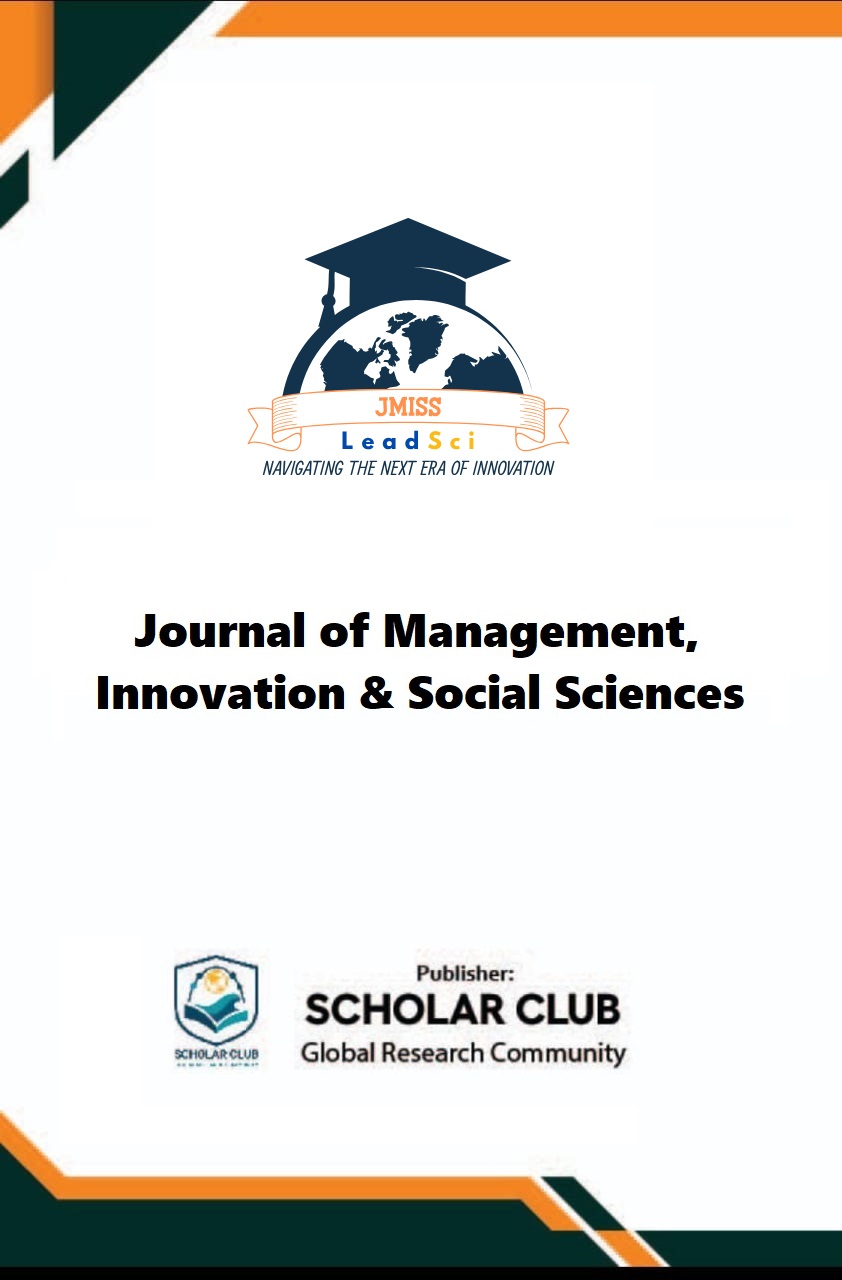Visualizing the Intellectual Structure of Green Entrepreneurial Orientation and Sustainable Performance: A Bibliometric Network Analysis
Keywords:
Intellectual Structure, Green Entrepreneurial Orientation, Sustainable Performance, Bibliometric Network AnalysisAbstract
This study conducts a comprehensive bibliometric analysis of the literature on Green Entrepreneurial Orientation (GEO) and Sustainable Performance, aiming to map the intellectual landscape and identify key trends, themes, and research gaps. Using data extracted from prominent academic databases such as Web of Science, Scopus, and Lens.org, the study analyzed 1,359 publications published between 2005 and 2025. The analysis employed tools like R Studio and VOSviewer to examine publication trends, keyword co-occurrence networks, and collaboration patterns, while adhering to the PRISMA framework for systematic study selection. The results indicate a stable growth in research interest between 2005 and 2020, after which the interest exploded exponentially with 230 articles published in 2024 alone. Co-occurrence of keywords revealed five key thematic areas: green entrepreneurship and innovation, sustainable business models, environmental policies and regulations, social and economic sustainability and emerging technologies. The findings indicate the increasing significance of GEO in global sustainability issues and the necessity of interdisciplinary strategies that incorporate technology, policy, and stakeholder participation. Even though a lot of progress has been made, there are still gaps in the investigation of long-term effects, regional differences, and the influence of emerging technologies. This paper will contribute to the theoretical knowledge of GEO and will give practical implications to practitioners and policymakers. Future studies can be directed to unexplored domains, including GEO and artificial intelligence and blockchain and their use in emerging economies.
Downloads
Published
Issue
Section
License
Copyright (c) 2025 Journal of Management, Innovation and Social Sciences

This work is licensed under a Creative Commons Attribution 4.0 International License.







